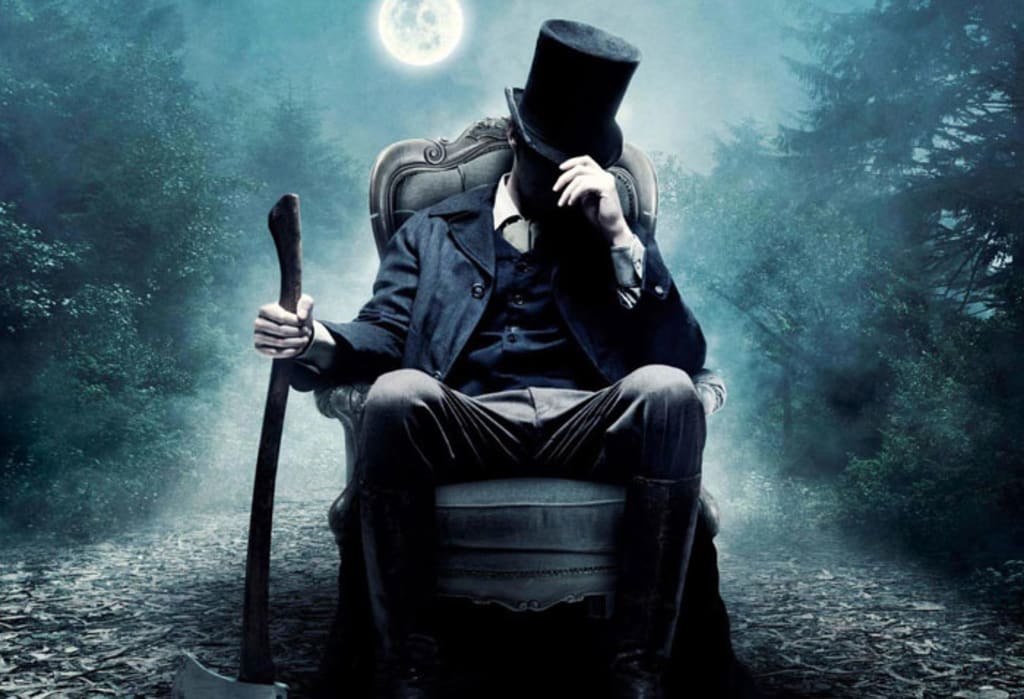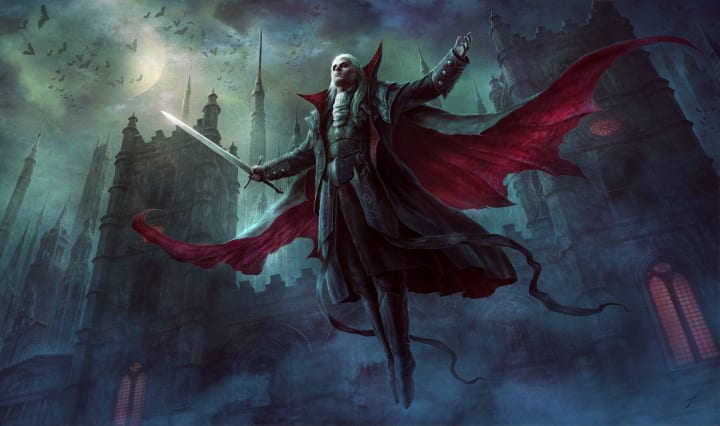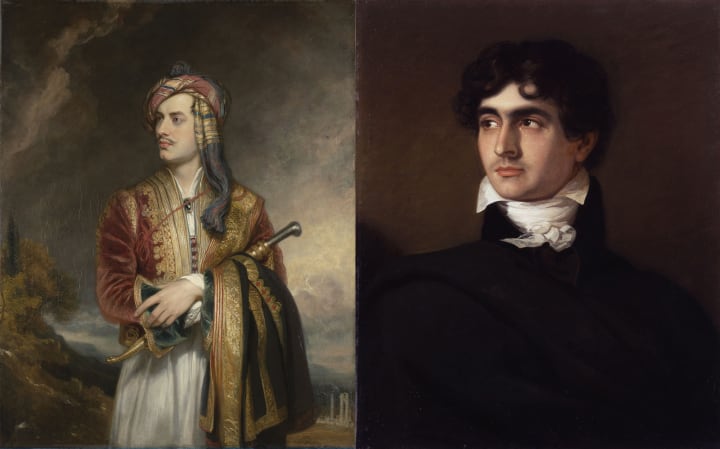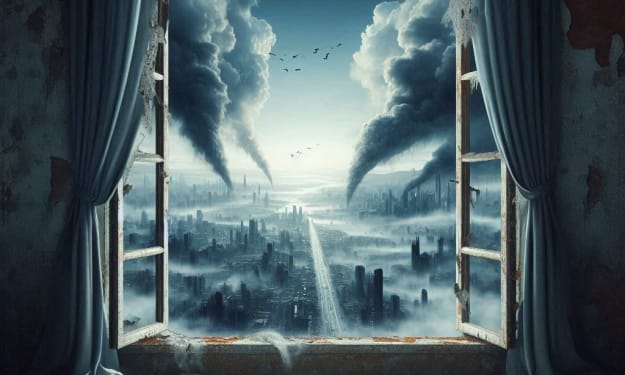The Tale of Vampires
The origin behind our fascination of vampires, and the mystery that comes with:

Vampires have been a subject of fascination for humans for centuries, and they continue to captivate people's imaginations to this day. The allure of vampires can be attributed to a combination of factors, including fear, mystery, and curiosity.
One reason why vampires evoke such strong emotions in people is because they are associated with fear. Vampires are often depicted as bloodthirsty creatures that prey on humans, and the idea of being bitten and turned into a vampire is a frightening one. The fear of death and the unknown is also a factor that plays into the fascination with vampires. The idea of immortality is both alluring and terrifying, and the thought of living forever as a vampire can evoke both awe and horror.
Another factor that contributes to the appeal of vampires is their mysterious and alluring nature. Vampires are often portrayed as seductive and attractive, with an otherworldly charm that draws people in. They are often depicted as having supernatural powers, such as the ability to transform into a bat or to hypnotize their victims. These abilities make them seem both powerful and mysterious, adding to their allure.

Curiosity is also a factor that drives people's interest in vampires. The mystery surrounding these creatures has led to a wealth of lore and mythology, and people are naturally drawn to things that are shrouded in mystery. The stories and legends that surround vampires have evolved over time, and many people find it fascinating to explore the different variations and interpretations.
In addition to these factors, the popularity of vampires in popular culture has also contributed to their continued fascination. Books, movies, and TV shows have all helped to popularize the vampire mythos, and many people have been introduced to these creatures through these mediums. The success of franchises like Twilight, True Blood, and The Vampire Diaries have helped to keep the vampire mythos alive in popular culture, and many people have become fans of the genre as a result.

It is also worth noting that the appeal of vampires varies across different cultures and time periods. In some cultures, vampires are seen as malevolent creatures that must be destroyed, while in others they are revered and even worshipped. In some instances, the vampire mythos has been used to explore deeper themes such as sexuality, power, and mortality. As such, the fascination with vampires can take on many different forms depending on the context.
In conclusion, the fascination with vampires can be attributed to a variety of factors, including fear, mystery, and curiosity. Vampires evoke strong emotions in people, and their allure has been perpetuated by popular culture and the mythology that has built up around them over time. Whether they are seen as terrifying monsters or seductive beings with supernatural powers, vampires continue to fascinate people and will likely continue to do so for many years to come.
I also want to note the oldest story on the subject of vampires, written in the year 1819 by British physician and author, John William Polidori. He was known for his association with the Romantic movement, and is said to be the creator of the vampire genre of fantasy fiction.

Here is a short description of his story, "The Vampyre":
"The Vampyre" is a gothic horror story about a young Englishman named Aubrey who meets the enigmatic and seductive Lord Ruthven while traveling in Europe. Despite warnings about Ruthven's reputation, Aubrey becomes increasingly drawn to him. After Ruthven mysteriously disappears, Aubrey returns to England where he encounters a woman named Ianthe who has been terrorized by a vampire. As the plot unfolds, Aubrey comes to realize that Lord Ruthven is the vampire and is ultimately forced to confront him. The story ends with Aubrey's gruesome death and the implication that Ruthven will continue to prey on others. The Vampyre is notable for being the first modern vampire story and for having been inspired by a ghost-story contest featuring Mary Shelley, Percy Bysshe Shelley, and Lord Byron.
So whether or not you believe in vampires, you can't deny the interest that humanity has had for these (mythical) creatures ever since their origin. Do they exist, or are they just a figment of our imaginations? What is your opinion on vampires? Feel free to leave a comment below on your beliefs, I am curious!
About the Creator
Aaron Volf
Discover a new perspective on life through my eyes. With a unique voice, attention to detail, and a passion for exploring new ideas, my writing will leave you inspired, informed, and eager for more.
Enjoyed the story? Support the Creator.
Subscribe for free to receive all their stories in your feed. You could also pledge your support or give them a one-off tip, letting them know you appreciate their work.






Comments
There are no comments for this story
Be the first to respond and start the conversation.